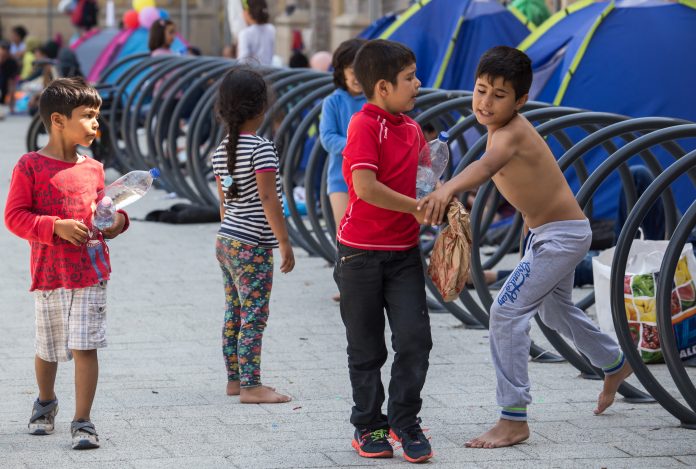A significant increase in funding for local authorities looking after unaccompanied asylum seeking children (UASC), has been announced by Immigration Minister Caroline Nokes
The change means that local authorities will be paid the same amount for every UASC that they look after, regardless of the child’s age or when they entered the UK. Local authorities will receive £114 for each child every day that they are in their care which equates to over £41,600 per year per child.
Based on the number of UASC looked after by local authorities, the increase in funding will total over £30 million per year. This is the second time in less than 3 years the Home Office has significantly increased the funding available for the care of UASC.
Immigration Minister Caroline Nokes said: “This Government is fully committed to helping the most vulnerable children affected by the migration crisis and that is why we have provided protection to over 34,600 children since 2010.
“I recognise the vital role local authorities play in this effort and that is why I have increased the funding available for looking after unaccompanied asylum seeking children by over £30 million.
“This funding will help make sure the Government and local authorities across the UK can continue to work together to support vulnerable children.”
The announcement comes after the completion of a review into the funding for UASC, which involved consultation with a large number of local authorities, NGOs, the Association of Directors of Children’s Services and the Local Government Association.
Local authorities will now be paid £114 per night for every UASC they support which is a 61% increase on the lowest rate that is currently paid.
The substantial increase demonstrates the government’s commitment to helping local authorities supporting vulnerable asylum seeking children across the UK. Children’s social care is funded through the local government finance settlement and the Home Office contribution is in addition to this funding.
Alongside the increase in funding and simplification of the process, the Home Office is working to reduce the time it takes to conclude UASC asylum cases. The Home Office is working with stakeholders to develop a new service standard to ensure a better prioritisation of cases.
There is also ongoing work to progress the commitments the government made in the Safeguarding Strategy. For example, more information is being produced for children and their social workers about the asylum process.
The government has continually shown its commitment to supporting vulnerable children affected by the migration crisis, as shown by the fact that the UK provided protection to over 6,600 children in 2018 and over 34,600 since the start of 2010.





![Europe’s housing crisis: A fundamental social right under pressure Run-down appartment building in southeast Europe set before a moody evening sky. High dynamic range photo. Please see my related collections... [url=search/lightbox/7431206][img]http://i161.photobucket.com/albums/t218/dave9296/Lightbox_Vetta.jpg[/img][/url]](https://www.openaccessgovernment.org/wp-content/uploads/2025/04/iStock-108309610-218x150.jpg)





